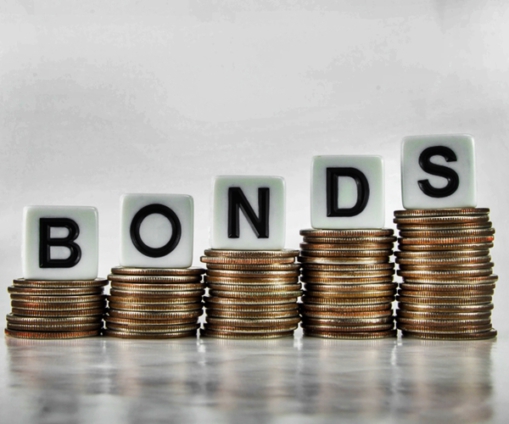Government will borrow ¢4.12 in fresh funds in the second quarter of this year, according to its issuance calendar.
In all, the government is planning to raise a total of ¢21.43 billion, with nearly 81% of the amount to be used to service existing debt.
The new funds is expected to finance government projects outlined in the 2021 Budget.
According to the calendar, the government will issue ¢11.3 billion via the 91-day Treasury bills, whilst ¢5.5 billion will be mobilized through the issuance of the 182-day T-bills. ¢1.57 billion is, however, expected to be raised from the one-year bill.
For the five-year bond, ¢2 billion is expected to be raised, whereas ¢1.0 billion will be mobilized through the issue of the seven-year bond.
Per this calendar, the 91-day and 182-day will be issued weekly, whilst the 364-day bill will be issued bi-weekly also through the primary auction with settlement being the transaction date plus one working day.
Securities of two-year up to seven-year will however be issued through the book-building method consistent with the Medium Term Debt Management Strategy (MTDS).
Government may however announce tap-ins/reopening of other existing instruments depending on market conditions.
The government assured all stakeholders and the general public that it continues to strive for greater predictability and transparency in the domestic bond market.
The calendar took into consideration government’s liability management programme, market developments (both domestic and international) and the Treasury & Debt Management objective of lengthening the maturity profile of the public debt.
Ghana’s debt hit ¢291.6 billion in December 2020
Ghana’s total public debt stock reached an all-time high of ¢291.6 billion in December 2020, approximately 76.1% of GDP, the Bank of Ghana said.
According to the figures, external debt alone stood at ¢141.8 billion, approximately $24.7 billion. This is also equivalent to 37.0% of GDP.
The domestic debt was however slightly higher at ¢149.8 billion at the end of 2020, about 39.1% of GDP.
The financial sector debt also stood at ¢15.3 billion in December 2020, but ¢100 million lower, from the September 2020 data. This is however equivalent to 4.0% of GDP.
Latest Stories
-
Ameri plant relocation strategic for grid stability – Kwabena Donkor
1 hour -
CAF Confederation Cup: Dreams face Zamalek, RS Berkane take on holders, USM Algiers
4 hours -
PURC could have found a better approach to settle issues with ECG – Dr Manteaw
4 hours -
CAFCC: John Antwi sure of positive result against Zamalek
4 hours -
I’ll choose Osofo Kyiri Abosom as my running mate over Akua Donkor – Prophet Kumchacha
4 hours -
LPG prices surge in Ghana, raising concerns over tax impact
4 hours -
I commend PURC for taking courageous step to fine ECG board members – Kwame Pianim
5 hours -
Financing assurance secured from bilateral creditors to aid 2nd review funding for Ghana – IMF Africa head
5 hours -
Man who set himself on fire outside Trump’s Manhattan hush money trial dies
6 hours -
Fuel purchase issues have nothing to do with personal interest – Egypa Mercer
6 hours -
ISRQ2024: Theorose School wins Championship with 0.5 points, heads to Canada
6 hours -
Use your voice, talents, skills to advocate for positive change – UniMAC VC tells graduates
6 hours -
Livestream: Newsfile discusses ‘dumsor’, Ex-MASLOC CEO jail and Election 2024
6 hours -
Otumfuo STEM Festival launched to find problem-solvers, promote science education
6 hours -
Irene Logan ties the knot in colourful ceremony
6 hours

